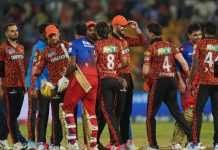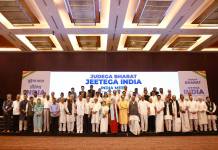The Supreme Court on Wednesday sought the Centre’s response on lawyer Prashant Bhushan’s plea that the BSF was stopping Rohingya refugees from entering India by spraying chilli powder spray and stun grenades.
A bench headed by Chief Justice Dipak Misra, Justice AM Khanwilkar and Justice DY Chandrachud sought the response as Bhushan told the top court that only 20% Rohingyas were left in Myanmar and they faced grave threat to life including genocide and persecution.
Bhushan has appeared on behalf of two petitioners, Mohammad Salimullah and Mohammad Shaqir, who have challenged the Ministry of Home Affairs’ decision to deport Rohingya Muslims.
Appearing for the Centre, Additional Solicitor General Tushar Mehta urged the court that it should not interfere in the matter as the “constitutionally empowered executive was seized of the matter and the diplomatic process is on to deal with the situation”. Responding to Bhushan’s argument, Mehta asked, “Do you want India to become a refugee capital? If this argument is accepted, it would soon turn out to be”. But he sought time to file response to the application.
“Ideally the court should not interfere in these issues at all .These issues shall be decided diplomatically at an executive level. Because these are executive decisions and courts should not interfere”, Mehta was further quoted by Live Law website.
Bhushan also asked why the Centre could welcome Hindu, Sikhand others but it had a problem in extending the same treatment to Muslims. To which, Mehta protested that the government’s notification did not have word ‘welcome.’
Justice Chandrachud too said that welcome word may be an exaggeration, but there was an existing policy decision to that effect. The top court also heard the argument on whether India was dutifully bound to let those Rohingyas enter the country since they were facing persecution in Myanmar.
Bhushan also raised the plight of Rohingya Muslims living in India and how they did not have access to hospitals or education.
















